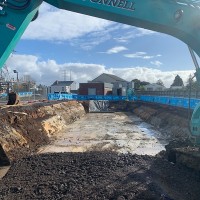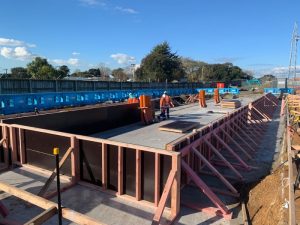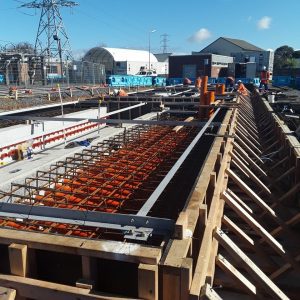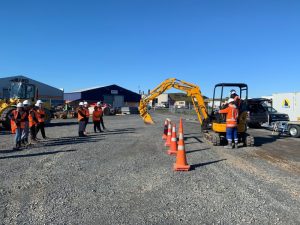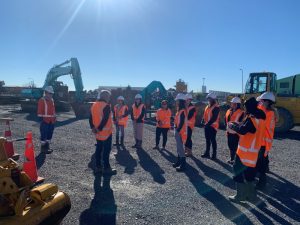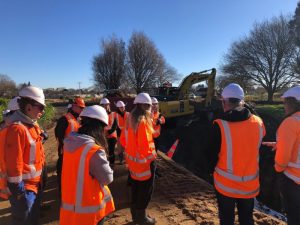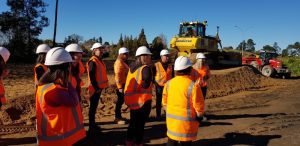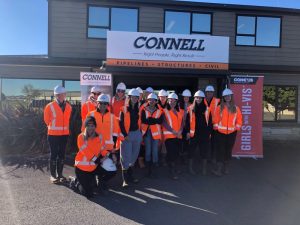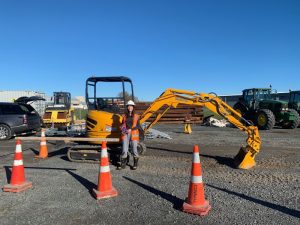By Lester Foxall, CEO
The countdown to net zero carbon emissions in New Zealand has now truly begun with the passing of The Climate Change Response (Zero Carbon) Amendment Act in 2019 and the establishment of an independent Climate Change Commission.
2021 is viewed as a transitional period to get the new provisions up and running, with implications for all industries as we head towards the 100% renewable energy target for 2035.
New Zealand’s commitment towards a clean, green, and sustainable environment is one of the first things that separates us from many countries across the globe. We are in a very fortunate position with several renewable energy sources at our disposal. Investments in hydro, geothermal and wind plants have positioned us incredibly well to shift our energy reliance towards sustainable sources.
New technologies are creating further opportunities in the energy sector and renewable energy sources will play a significant role in decarbonising and achieving our climate goals.
Putting climate risk awareness at the heart of decision making and embedding it into our strategy and culture at all levels, is an important initiative and a reflection of where the world is going so, I believe we are going to see a lot more demand for projects of this nature.
At Connell we have seen a real opportunity to diversify into the renewable energy sector. Our skills are certainly transferable and if tenders for these projects are not awarded on lowest price, renewable energy certainly fits with our strategic plan.
The power of wind
Wind power is considered a clean, effective source of sustainable renewable energy with significant growth over the last decade. It is expected that most investments into the renewable energy sector in the near term will go towards the creation of wind farms. At Connell we have already begun to feel the effect of these investments.
Both the Turitea Wind Farm near Palmerston North, and Waipipi Wind Farm just up the road in South Taranaki, proved to be excellent projects for Connell and has enhanced our profile in the renewable energy sector.
Our sortie into renewables continues to gain gusto with the recently secured Harapaki Wind Farm project in Napier that will commence in early 2022. Set to be the second largest of its kind in the country, Harapaki will host 41 turbines generating enough renewable energy to power 70,000 average households.
Invitations for the Mt Cass Wind Farm in the South Island have already been received from key clients, with site visits already underway. Ongoing discussions with Ventura Energy and Ventus (Australia) regarding the Taharoa near Kawhia and the Kaimai Ranges wind farms, will continue until tender documentation is released.
Other renewable energy
In addition to the various wind farm projects across the country, Connell continues to explore other renewable energy avenues.
The large geothermal facility at Tauhara has commenced and the civil related works will come to the market later this year. Geothermal energy projects like that at Tauhara, set to be completed in 2023, are considered our best low-carbon renewable electricity provider. Not reliant on weather conditions, geothermal plants can operate 24/7 and are a robust way to transition away from fossil fuels.
Hydro also continues to provide us with another income stream, having worked on a selection of smaller projects this year for Mercury Energy.
With Governments purge on climate change, at Connell we keep abreast of all forms of technology knowing it will soon be a prerequisite to produce an annual company carbon footprint document to support our focus towards providing a cleaner environment.
As we continue to build resilience, the importance of good governance cannot be overestimated.

